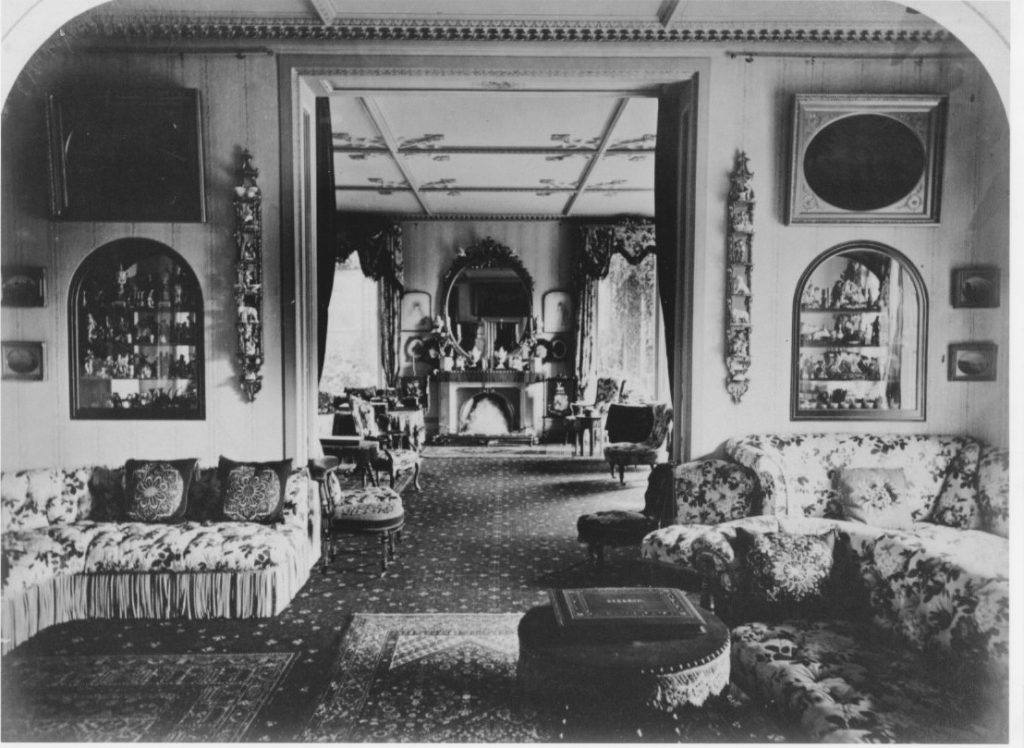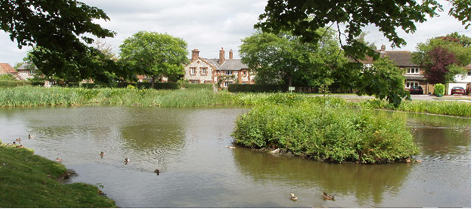
THE PENN School site is on the market again and being advertised by agents as a ‘residential development opportunity.’
The Department for Education (DfE) bought the site four years ago for £11.5m in the hope someone would develop it as a free school. It has now given up that ambition.
Contractors have smartened up the buildings and property agents Cushman & Wakefield suggest it could be suitable as retirement home, a hotel, a care home or for residential purposes.
However, any residential development faces severe restrictions. The site in Church Road is within the Chilterns Area of Outstanding Natural Beauty, the Green Belt and the Penn and Tylers Green Conservation Area.
Furthermore, thanks to the efforts of local historian Miles Green, the main buildings on the site were given Grade 2 listed building status by Historic England last year and are consequently protected from demolition or major reconstruction. The former Victorian country home, known as Rayners, has a significant history (see below).
Offers are being invited for the 19 acre site. The agents say that although there are structures that are listed – Rayners House itself, Rayners Lodge, the trellis arches and bothy in the gardens and the obelisk – there is an opportunity for “partial redevelopment through the removal of the new buildings and additions, which are not listed.”

Rayners was bought by London County Council in the early 1920s and used as a boarding school for deaf children. Following the abolition of the Greater London Council in 1986 it was acquired by Camden Council and developed as a school for children with autism and communication problems.
There was a village campaign to save the school when Camden wanted to close it down in the 1990s and in 1998 it was taken over by a trust, the Rayners Special Educational Trust. The school ran into financial difficulties however and closed after going into administration in 2015.
In recent years the site has been a popular location for filming which has helped generate some income for the DfE. TV dramas such as Silent Witness, Grantchester, Endeavour and Unforgotten used the site as a production centre and a horror movie Last Night in Soho – which is due to be released this year – was largely shot there last year. A new ITV thriller Angela Black – also due on screens later this year – also used the school as a location.
Rayners history

Rayners was built in 1847 for Sir Philip Rose, a successful London lawyer who was the solicitor and friend of Benjamin Disraeli who lived across the valley at Hughenden Manor. Disraeli was a frequent visitor and the obelisk in the grounds, which is now listed, is dedicated to him.
After Disraeli’s death in 1881 Queen Victoria visited Rayners as part of her mourning. She wanted to retrace her favourite prime minister’s final journey.
The estate became one of the biggest in the area, stretching down to the A40 London Road, and it employed many people from Tylers Green, a village which grew greatly during Sir Philip’s tenure. He set up the Hospital for Consumption and Diseases of the Chest (now the Royal Brompton Hospital) after he suffered consumption (tuberculosis) as a young man. Locally, he funded the building of St Margaret’s Church, Tylers Green even though he was a Roman Catholic.
When his son, also Philip, inherited after his father’s death in 1883 Rayners became a centre of social activity and a classic Victorian country house. The gardens were magnificent and the gardener’s bothy and accompanying trellis – now also listed – were widely visited.
Nearly everyone in Tylers Green attended Rayners to celebrate the end of the First World War when Sir Philip organised a grand firework display. However tragedies in the war had devastated the family and shortly after the second Sir Philip’s death in 1919 and facing heavy costs, the estate was broken up and sold.
